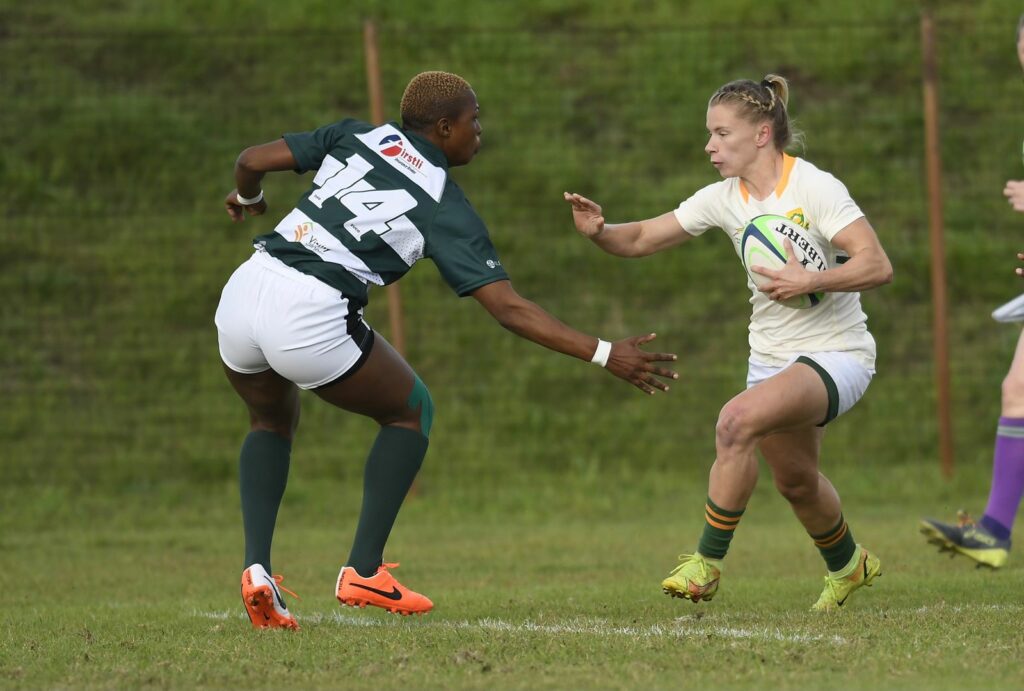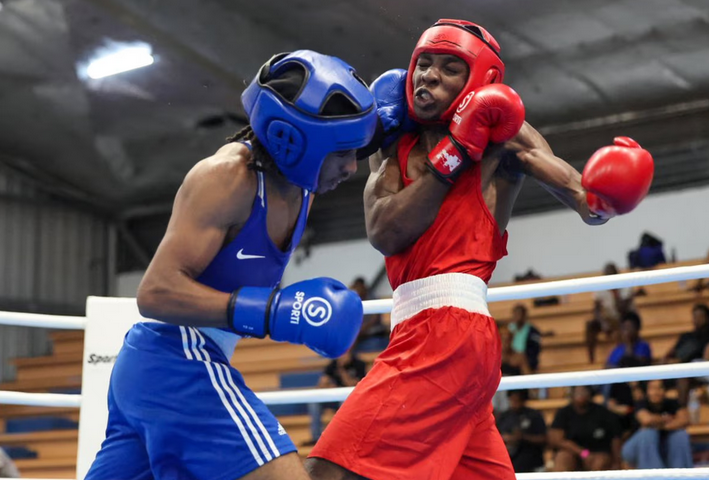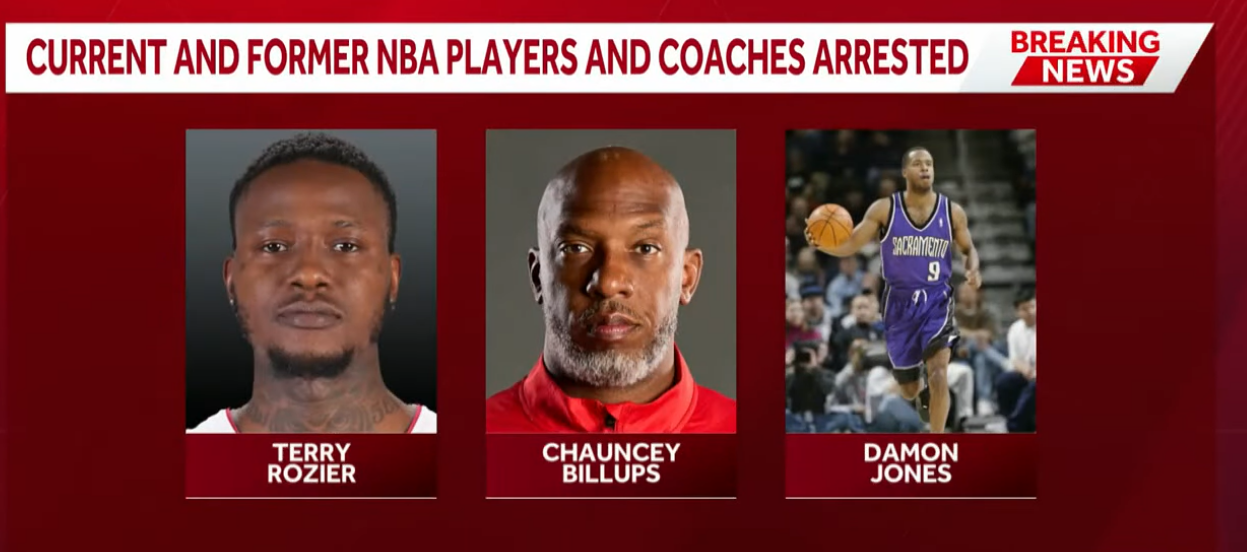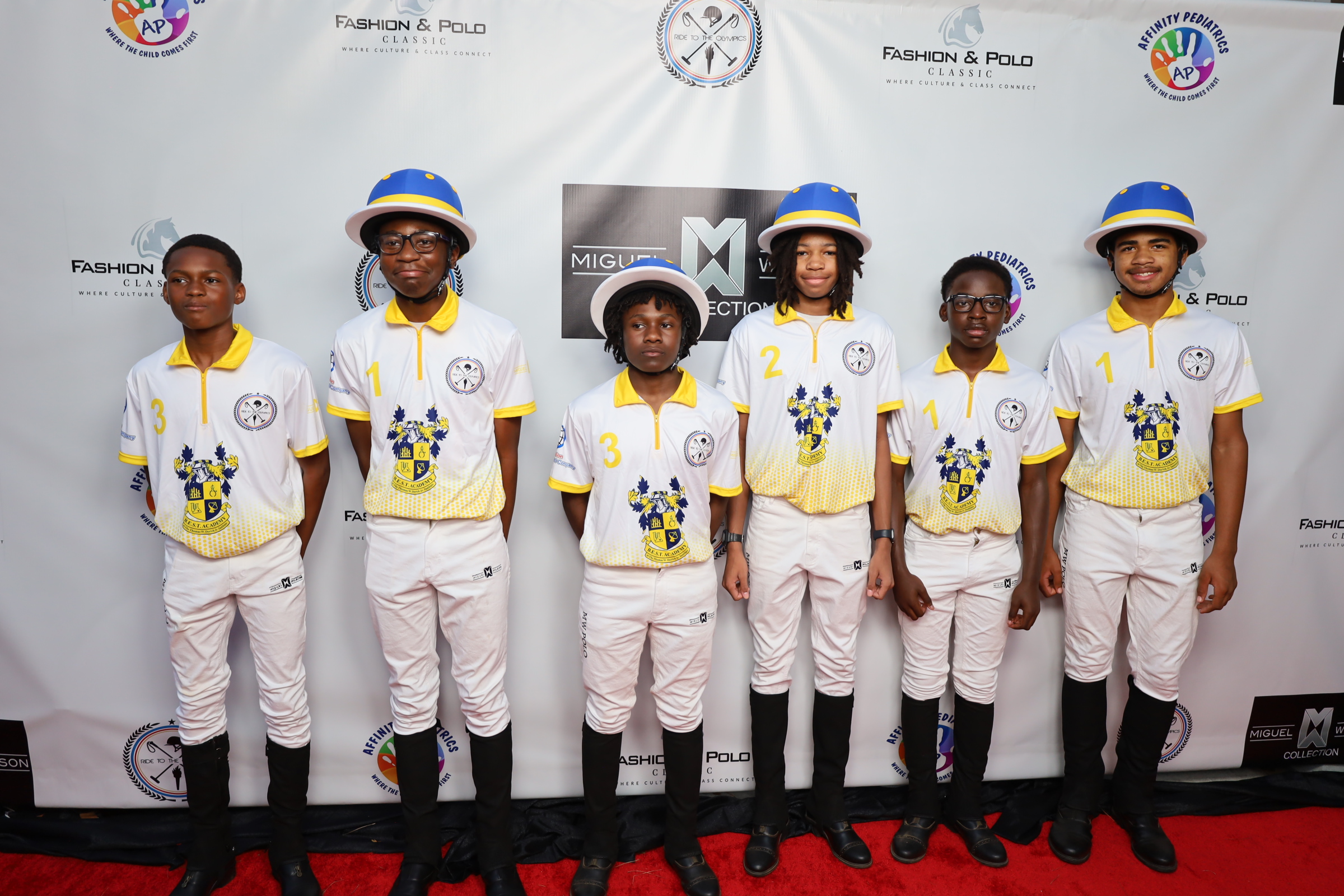Zimbabwean rugby, often sidelined by the heavyweight nations of African rugby, such as the Springboks, is sneaking into the spotlight. The Sables have plenty to celebrate with their recent Rugby Africa Cup win, a well-earned comeback to the big leagues.
However, Zimbabwe’s national team is setting its sights on more than just silverware – they’re after a spot in the 2027 Rugby World Cup in Australia. With determination, world-class talent, and renewed confidence, the Sables are ready to shake up world rugby.
Historical Context and Past World Cup Appearances
The roots of rugby in Zimbabwe date back to colonial times, when the sport was introduced by British settlers, gaining popularity in schools and gradually establishing a competitive framework within the country.
Zimbabwe is one of Africa’s rare teams to reach the Rugby World Cup, competing in 1987 and 1991. However, political and economic hurdles slowed growth, limiting both exposure and player development.
Since then, Zimbabwe’s focus has remained on regional competitions like the Rugby Africa Cup due to limited resources and infrastructure, which have historically restricted their international exposure.
This contrasts with other African nations such as South Africa, whose upcoming fixtures are more prominent on the global stage, largely due to stronger funding and facilities.
Zimbabwe’s 2024 Rugby Africa Cup Victory
In the 2024 Rugby Africa Cup, Zimbabwe’s 29-3 victory over Algeria ended a 12-year title drought since their previous win in 2012. This triumph was a major milestone, but perhaps even more significant was the Sables’ semi-final victory over Namibia, a regional powerhouse they hadn’t beaten in 23 years.
This achievement marked Zimbabwe’s return to the top tier of African rugby, building confidence as they aim for the 2027 Rugby World Cup.
Contenders for 2027 Rugby World Cup Qualification?
The Rugby Africa Cup victory boosted Zimbabwe’s status in African rugby and raised their World Rugby ranking to 28th, their highest in nearly a decade, sparking optimism for their potential qualification in the 2027 RWC.
With consistent performance and key players on board, Zimbabwe stands a solid chance in the next cycle. This ambition aligns with the ZRU’s plans to expand talent programmes, improve training facilities, and build international partnerships.
As African rugby heats up, Zimbabwe faces tough competition from rivals like Namibia and Kenya. Yet, with their current momentum, there’s real optimism for the Sables’ chances of clinching a World Cup spot and establishing themselves as African rugby heavyweights.
Player Development Initiatives
Zimbabwe’s rugby future hinges on growing homegrown talent and creating paths to professional play. The ZRU prioritises grassroots development, aiming to cultivate players who can compete locally and internationally.
Schools and community clubs play crucial roles, offering youth leagues that act as stepping stones for emerging athletes. The recent Africa Cup win has boosted support from fans, sponsors, and stakeholders, providing resources for the ZRU to reinvest in infrastructure and training facilities.
With Zimbabwean players in top leagues and grassroots rugby initiatives taking off, Zimbabwe’s potential is growing fast. If the ZRU stays committed to development and keeps strong ties with talent abroad, the Sables could not only reach future World Cups but also secure a spot on the global rugby map.
Returning Talent
While Zimbabwe is more than capable of producing top rugby talent such as Tendai “The Beast” Mtawarira, Gary Teichmann, and David Pocock who represented South Africa and Australia respectively, due to greater resources and competitive leagues abroad.
Among those plying their trade internationally are Kyle Godwin in France’s Top 14, Tapiwa Mafura in the South Africa’s Currie Cup, David Ewers in the UK, and Eli Snyman in Italy.
These players benefit from training, stability, and exposure abroad, which Zimbabwe’s current infrastructure can’t yet match. Yet, the recent Africa Cup win, already aided by the return of Ian Prior, has renewed their interest in representing Zimbabwe.
With World Rugby’s new eligibility rules and the RWC 2027 in sight, Wallabies centre Kyle Godwin and ex-All Blacks flank Gareth Evans have already set their sights on representing the Sables.
Future of Zimbabwean Rugby
Zimbabwean rugby, once held back by financial and structural setbacks, is charging ahead with serious momentum. With solid grassroots efforts, star players, a loyal fan base, and an African Rugby Cup victory, they have the drive to take on RWC 2027 qualification. It’s clear that Zimbabwean rugby is on the rise, and the Sables are quickly becoming a team worth keeping an eye on.







